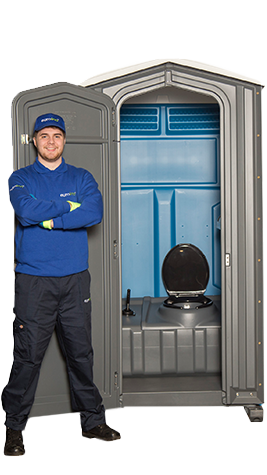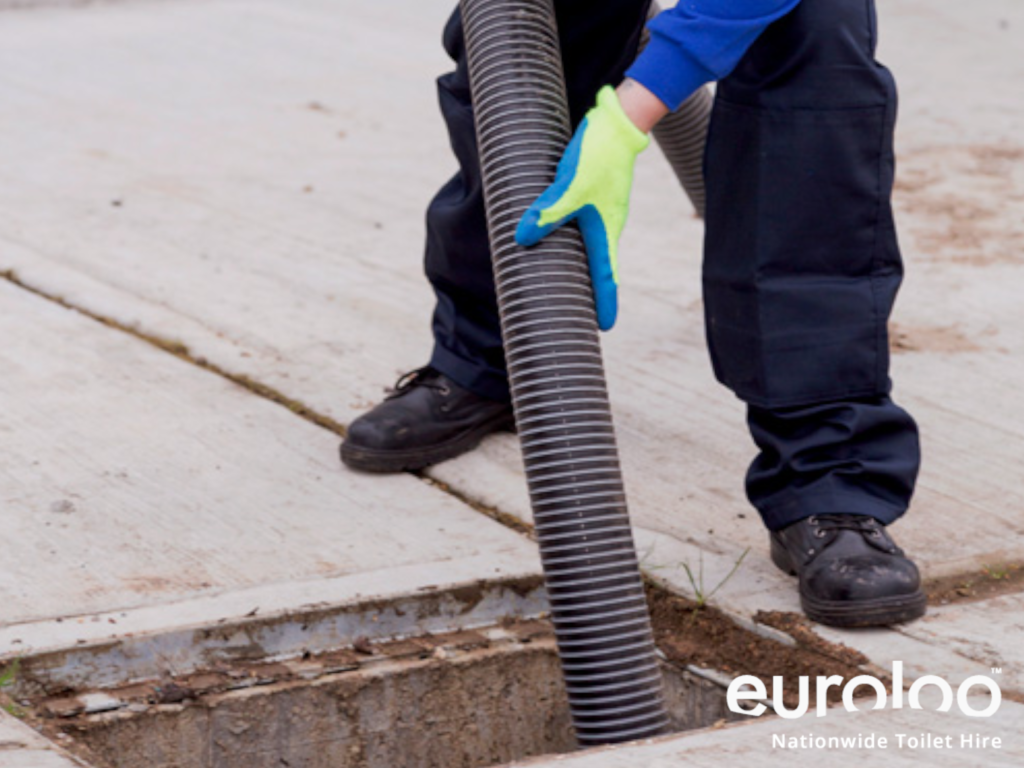Purchasing a house is a stressful situation for anyone. Everything has to be considered, from location, to size to schools nearby. Add on top of that the fact it has a septic tank and it’s a whole new ball game. When you consider a septic tank, the likelihood of the situation is it’s in a fairly rural location. Thoughts of walking the dog through open fields fill your mind, with the sounds of the birds tweeting feeling oh so real. Now while we don’t want to shatter that dream of yours, we do want to make you aware of a few small things, such as getting your head around the idea of off mains drainage systems. You also want to avoid any situation whereby you discover septic tank problems AFTER you’ve moved in. To keep things as simple as possible, here are our top things to check when buying a property with a septic tank. Keep these in mind and you won’t go wrong:
- Ask the buyer or estate agent whether the septic tank/cesspit/sewage treatment plant has been regularly maintained. To make sure of this, ask for invoices, receipts or any type of proof. Typically, a septic tank or cesspit would need emptying annually while a sewage treatment plant would need regular servicing as well. If this hasn’t occurred, it could spell trouble. You might also want to find out how often the system is being emptied, as being emptied every few months is a problematic sign.
- Find out tankering and servicing costs to give yourself an idea of costs going forward. You may find you can save some money by opting for an annual tank empty through ourselves here at euroloo.
- While some rely heavily on homebuyer surveys to tell them what’s going on with the septic tank, we recommend opting for a pre-purchase drainage survey. It’s incredibly important that the tanks emptied during this inspection so the walls of the tank can be seen and checked along with pipework.
- Ask to see a plan of the entire drainage system. You want to know if the tank has a soakaway. If so, where does the pipework run etc.
- Find out if any part of the underground system lies on third party land whether it’s the tank, pipework or soakaway. Could it be on a neighbour’s land or farmland because this can pose a real problem due to access being refused between feuding neighbours. Find out what the relationship’s like with the neighbour, as this can be key. Despite having a legal right to access, the neighbour could potentially block you physical access, which would mean pursuing this through the courts. A completely unnecessary stress. We’d advise this be avoided at all costs, in fact, look for another property.
- Does the underground system serve any other properties than your own? If it’s shared and happens to be a sewage treatment plant then who pays the electricity to it? Is there already a formal agreement in place to ensure both parties cover equal costs?
- What’s the access like to the property as you’ll need to consider that large lorries will be making an appearance when it’s time to empty the system and this access would need to be maintained forever.
- You may also want to find out just where the waste water goes if it’s a septic tank. If it goes straight into a water course then this is actually now illegal and will need to be replaced with a solution that complies with new legislation.
Now of course this list isn’t exhaustive but these are some of the main points that must be considered. If however, you’d like to talk personally with one of our experts then we’re just a phone call away. Contact us on 0800 61 22 515 today.















